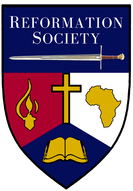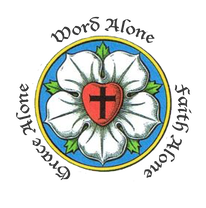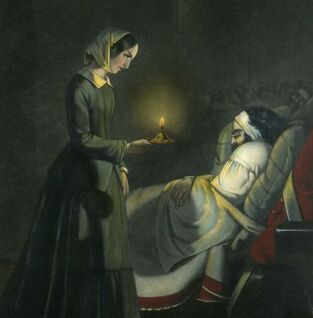 To listen to this presentation Click here To view this presentation Click here 12 May is International Nurses Day. It is also the birthday of the most famous and influential nurse, Florence Nightingale. Few people realise the enormous debt which the whole world owes to Florence Nightingale. This courageous Reformer transformed hospitals and pioneered the modern nursing profession. No other person in history has done more to alleviate suffering and establish so high a standing of health care for the sick. The Degraded State Before Florence Nightingale the condition of hospitals and the nursing profession was in a degraded state. Hospitals were dirty and over-crowded. Antiseptics were unknown. Scarcely any facilities for the training of nurses existed, and their pay was less than that for a common labourer in the field. Nurses were drawn from the “undesirable sections” of society and were commonly regarded as “vulgar”, “uneducated”, “unclean” and were notorious for their drunkenness and immorality.
0 Comments
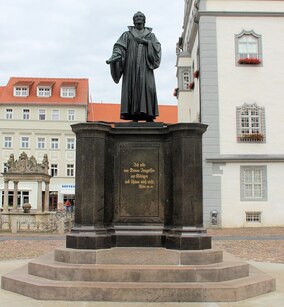 When Philipp Melanchthon delivered his first lecture at the University of Wittenberg, in 1518, Dr. Martin Luther was impressed. Melanchthon was the new Professor of Greek, and although he stuttered during his presentation, his call for theologians to go “back to the sources, back to the Holy Scriptures” echoed the convictions of Luther's heart. 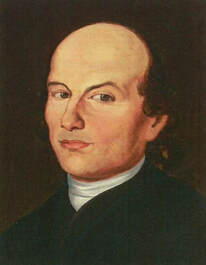 To see a video of this presentation, click: https://vimeo.com/795590529 To see a video of this PowerPoint presentation, click: https://vimeo.com/795567068 To listen to an audio of this message, click: https://www.sermonaudio.com/sermoninfo.asp?SID=23231234483609 Georg Schmidt was the first Missionary to South Africa. He was sent out during the longest prayer chain ever launched and he established the first Mission station in Southern Africa, Genadendal, in 1737. 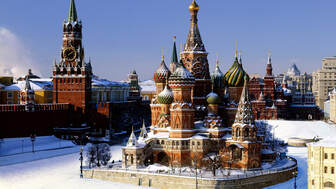 To listen to an audio presentation on this article, Click Here Atheism was the official doctrine of the Soviet Union. Throughout the history of the Soviet Union, Communist authorities vigorously enforced the ideology of Marxism/Leninism and violently persecuted Christianity. The Gulag Archipelago Over 49,000 churches were destroyed and over 66 million people died in the massacres, man-made famines and in the over 1,800 communist concentration camps, which Aleksandr Solzhenitsyn described as the Gulag Archipelago. Aggressive Atheism The Soviet Union was committed to the complete annihilation of all religious institutions and ideas. Militant atheism was central to the ideology of the Communist Party of the Soviet Union. The state established atheism as their only "scientific truth". Any criticism of atheism, or of the state's anti-religious policies, was forbidden and could lead to forced retirement, arrest and imprisonment. 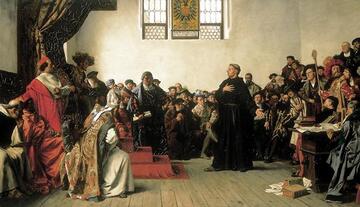 Shortly after Martin Luther was born, the last Muslim stronghold in Spain, Grenada, fell, and the liberation of the Iberian Peninsula was complete. Then Christopher Columbus, sailing west across the Atlantic Ocean, discovered the Americas, the New World. While South Western Europe was celebrating its freedom after 8 centuries of oppression and occupation under Islam, South Eastern Europe was facing the relentless onslaughts of invasion by the Turks. Since the fall of the greatest city in the world at that time, Constantinople, to the Turks, in 1453,with the massacre of all the Christians in that city, the Turks had been an ever-present threat to Christendom, as Europe was then known. THE RENAISSANCE Threatened from the East by a relentless Islamic Jihad, Europe was suffering from the internal corruption of the Renaissance. The Renaissance was a time of material advance and spiritual decline. It led to the rise of absolutism and the loss of the individual rights and representative governments which Christian principles had developed throughout the Middle Ages. Renaissance rulers, eptomised by Machiavelli, rationalized despotism. Machiavelli advised rulers to be careful to maintain public relations through patronage of the arts and conspicuous charities, in order to create popularity, and to mask their hold on power. 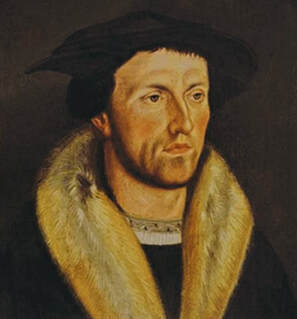 To view a Video presentation on this article, Click Here To listen to an audio presentation on this article, Click Here Bullinger was Zwingli’s successor. For 44 years he pastored Grossmunster in Zurich. Considering the important role he played, and the prodigious quantity of his writings, it is remarkable that Bullinger is one of the least known of the Reformers. CONVERSION Born 18 July 1504, the fifth son of the priest, Henry Bullinger, Heinrich was sent to study at the prestigious Emmerich Seminary on the Rhine, at aged 12. At 15 years old, he enrolled at the University in Cologne, earning his Bachelor of Arts the next year. It was at this time that he was converted to the Reformed faith through studying the Latin and Greek fathers of the Church. 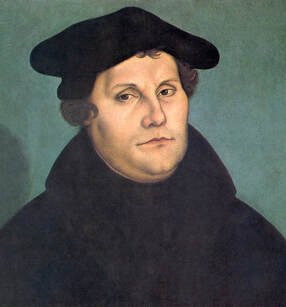
The Controversial
Luther has been alternatively described as the brilliant scholar who rediscovered the central message of the Bible, a prophet like Elijah and John the Baptist to reform God’s people, the liberator who arose to free his people from the oppression of Rome, the last medieval man, and the first modern man. Zwingli described him as: “the Hercules who defeated the tyranny of Rome.” Pope Leo X called Luther: “A wild boar, ravaging his vineyard.” Emperor Charles V described him as: “A demon in the habit of a monk!” The Son Martin Luther was born 10 November 1483 in Eisleben, Saxony. His father, Hans Luder, had worked hard to climb the “social ladder” from his humble peasant origins to become a successful copper mining entrepreneur. Hans married Margaretha Lindemann, the daughter of a prosperous and gifted family that included doctors, lawyers, university professors and politicians. Hans Luder owned several mines and smelters and he became a member of the City Council in Mansfield, where Martin was raised, under the strict discipline typical of that time. 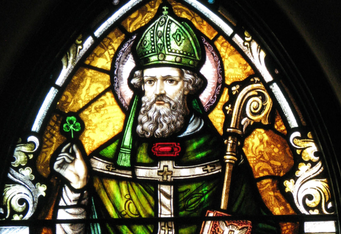 Patrick was only 16 years old when he saw a fleet of 50 longboats heading for the shore. As the Roman Legions had long since departed Britain, Patrick’s home town was vulnerable to attack. As the Irish raiders leapt from their boats onto the pebbled beach, sounding their war-horns, the population fled in terror. The attackers looted and burned the village and carried away captives, including young Patrick. Enslaved The year was AD 405. Patrick’s name in Latin was Patricius, meaning “Noble”. He was the son of a Civil Magistrate, but now he had become a slave in Ireland. Patrick was sold to a cruel warrior chief whose stockade in Northern Ireland was surrounded by sharp poles with the heads of his opponents impaled on them. Patrick was put to work as shepherd to care for his master’s pigs and sheep. He lived a lonely existence in the nearby hills, enduring long bouts of hunger and thirst, isolated from human company for months at a time. Patrick witnessed the superstitions of the druid priests who sacrificed prisoners of war to their war gods and newborns to the harvest gods. Skulls were used as drinking bowls; heads of decapitated enemies were used as footballs. 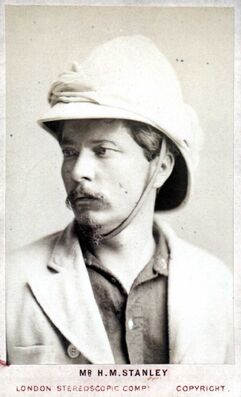 To see Part 1 of a video presentation on this article Click Here To see Part 2 of a video presentation on this article Click Here To listen Part 1 of an audio presentation on this article Click Here To listen Part 2 of an audio presentation on this article Click Here Explorer Extraordinaire Henry Morton Stanley was one of the greatest explorers of all time. Throughout his incredible life, which was packed with adventure and conflict, he served as a soldier, a sailor, a journalist, an explorer, an empire builder, a statesman, author, politician, and lecturer and finally, he was even knighted by Queen Victoria. “Dr. Livingstone I Presume?” Stanley is most famous for having found missionary explorer, Dr. David Livingstone after he had been out of contact with the outside world for many years. His calm and most understated of comments, after having crossed half the continent: “Dr. Livingstone I presume?” must be one of the most famous statements in popular memory worldwide. Triumph After Tribulation Throughout his life, Henry Morton Stanley experienced brutality, cruelty, starvation, disease, poverty, affliction, treachery, betrayal and ultimately great honour, success and wealth. Of all the great explorers of Africa, David Livingstone and Henry Morton Stanley stand head and shoulders above all others. Stanley and Livingstone were very different men, but both of them made spectacular contributions to the development of Africa. Against All Odds Stanley stands out as the only journalist who founded an Empire. Although his primary occupation was meant to be recording history, he is most famous for having made history. Stanley stands out as extraordinarily tough and persistent, a model of perseverance. Yet, before his 24 th birthday, Stanley had a long track record of frustration and failure, defeat and desertion. No one could have predicted how this extraordinary man would develop and rise above all others in his achievements, especially in bringing civilisation to the Dark Continent. 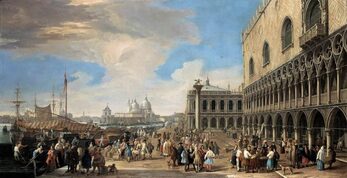 How the Reformation Transformed Economics To view this presentation as a PowerPoint with pictures, click here. To view this presentation as a video, click here. To listen to the audio of this message, click here. Free Enterprise and the Work Ethic Along with some of the greatest art and literature, the Reformation brought about the greatest industrial advances, productivity and prosperity ever experienced in history. Productivity and Prosperity The Protestant work ethic, which helped to bring about great productivity and prosperity in Western Europe and North America, arose mostly through the Protestant Reformers - particularly John Calvin. "The most dynamic businessmen were to be found in Protestant Holland and the most vigorous industrial growth in Protestant England, both states heavily tinctured with Calvinism." (Historian Richard Dunn). |
History ArticlesCategories
All
Archives
May 2023
|
- Home
-
History Articles
- History Articles
- All Categories
- Character Studies
- Greatest Century of Missions
- Greatest Century of Reformation
- Reformation In Bohemia
- Reformation In England
- Reformation In France
- Reformation In Geneva
- Reformation In Germany
- Reformation In Italy
- Reformation In Scotland
- Reformation in Switzerland
- Victorious Christians
- Contemporary Articles
- Resources
- Contact
- Donate
|
The Reformation Society
PO Box 74, Newlands, 7725, South Africa Tel : (021) 689-4480 Email: [email protected] Copyright © 2022 ReformationSA.org. All rights reserved |
- Home
-
History Articles
- History Articles
- All Categories
- Character Studies
- Greatest Century of Missions
- Greatest Century of Reformation
- Reformation In Bohemia
- Reformation In England
- Reformation In France
- Reformation In Geneva
- Reformation In Germany
- Reformation In Italy
- Reformation In Scotland
- Reformation in Switzerland
- Victorious Christians
- Contemporary Articles
- Resources
- Contact
- Donate
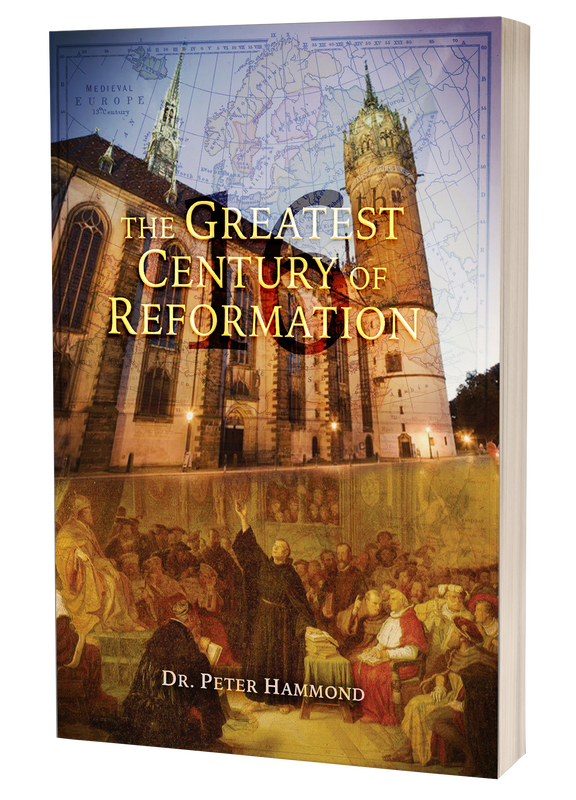
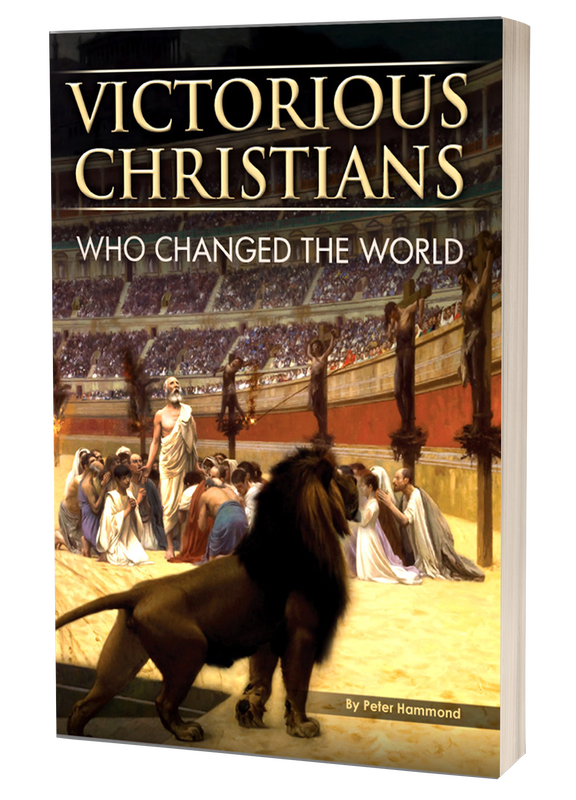
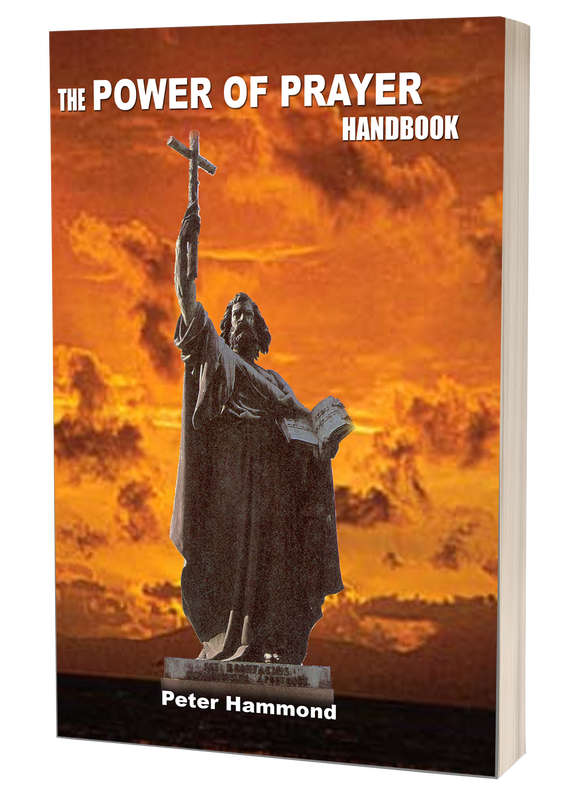
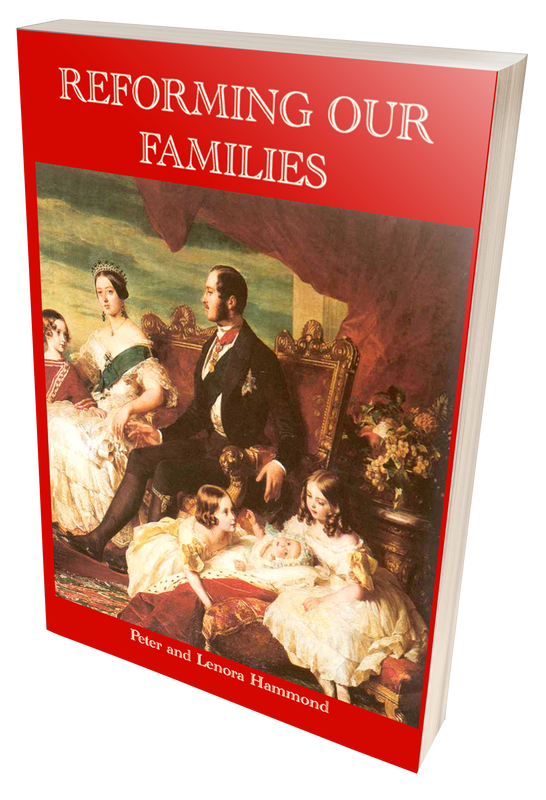
 RSS Feed
RSS Feed
